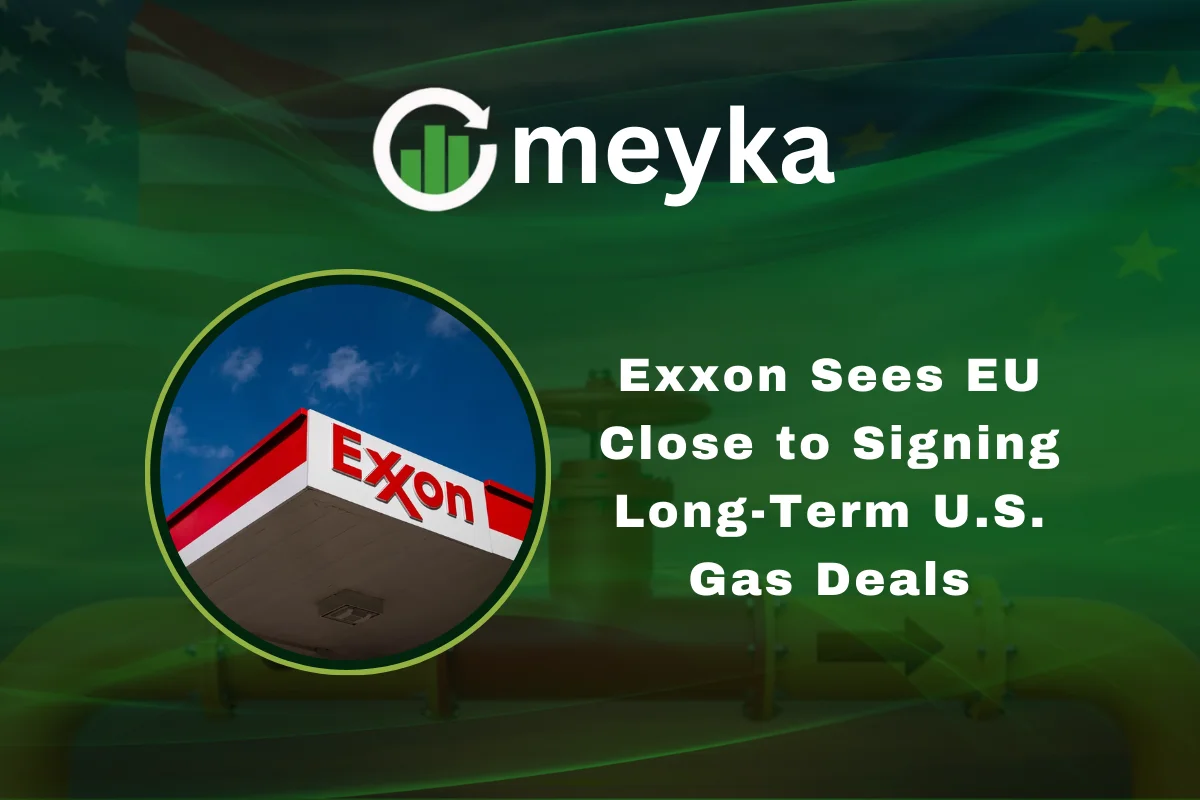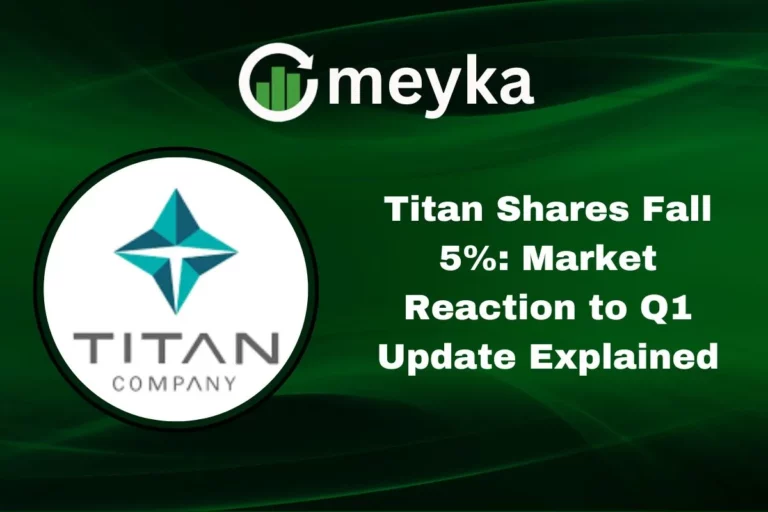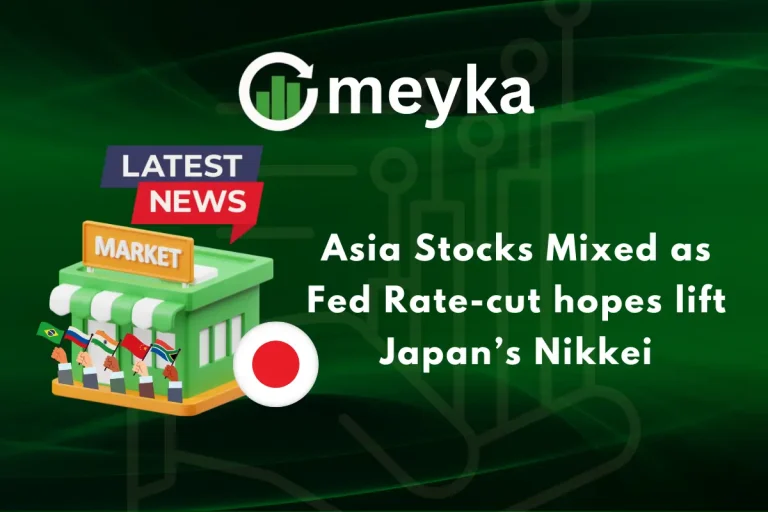Exxon Sees EU Close to Signing Long-Term U.S. Gas Deals
The European energy market is undergoing a historic transformation. As the European Union continues to cut its dependence on Russian gas, Exxon is seeing a surge of opportunities to establish long-term liquefied natural gas (LNG) agreements with Europe. The shift has not only reshaped the continent’s energy security strategy but also positioned the United States as a leading supplier for decades to come.
Europe’s Urgent Need for Energy Security
The European Union once relied heavily on Russian natural gas, delivered primarily through pipelines. However, geopolitical tensions and supply disruptions forced European leaders to rethink this dependency. Securing diversified, reliable, and stable energy supplies has become the central priority.
Exxon executives have confirmed that European governments and major energy companies are now negotiating multi-decade LNG contracts. These agreements could lock in stable prices and ensure supply for the next 15 to 20 years. With winter energy crises still fresh in memory, Europe cannot afford short-term fixes.
According to the International Energy Agency (IEA), LNG imports from the U.S. already account for a significant share of Europe’s gas supply. But the new negotiations point to something even bigger: a permanent realignment of transatlantic energy ties.
Exxon’s Expanding Role in LNG Supply
ExxonMobil, one of the world’s largest energy companies, has rapidly expanded its LNG operations to meet surging demand. The company is developing new projects in the U.S., including facilities in Texas and Louisiana, designed to boost export capacity.
By leveraging America’s abundant shale gas reserves, Exxon is uniquely positioned to supply LNG at competitive prices. These resources are not only cost-effective but also secure, giving Europe confidence that supply will not be weaponized during political conflicts.
Long-term LNG deals represent billions in revenue for Exxon while also offering investors exposure to stable cash flows. For those engaged in stock research, the company’s LNG expansion provides a crucial growth driver beyond traditional oil markets.
The Stock Market Perspective
From a market standpoint, the push for U.S.-EU gas deals is already influencing the performance of energy equities. Exxon has been one of the most closely watched companies in the stock market, given its strong dividends, cash reserves, and growth prospects in LNG.
For investors exploring diversification, Exxon’s LNG business offers both stability and opportunity. The rise of AI stocks has captured headlines in recent years, but energy remains a cornerstone of global markets. Smart investors understand that portfolio balance means combining growth-driven sectors like technology with established revenue generators like energy.
Financial analysts suggest that long-term LNG contracts could anchor Exxon’s share value, reducing volatility in uncertain global markets. With European demand guaranteed, Exxon’s financial outlook is strengthened, making it a favorable candidate in many stock research reports.
Why Europe Prefers U.S. LNG
Several factors make U.S. LNG attractive for Europe compared to other options:
- Reliability: U.S. supply is stable and less vulnerable to geopolitical conflicts.
- Infrastructure: American LNG projects are expanding quickly, with ports and terminals ready to handle increasing exports.
- Pricing Models: Many U.S. LNG contracts are linked to the Henry Hub natural gas benchmark, often cheaper than alternatives.
- Climate Goals: U.S. LNG, when paired with renewable strategies, offers Europe a pathway to cut emissions while maintaining supply security.
European policymakers see these deals as a way to secure energy independence while balancing climate transition objectives.
Global Energy Market Shifts
The LNG boom is not just about Europe. Asian economies, particularly Japan, South Korea, and China, are also competing for U.S. LNG supplies. This global demand creates a new dynamic where American producers like Exxon must balance export commitments across continents.
The U.S. Department of Energy has supported the expansion of LNG exports, considering them critical for strengthening alliances and global trade. At the same time, critics argue that long-term fossil fuel contracts may slow down Europe’s green energy transition. However, most experts agree that LNG will remain essential for decades as renewables scale up.
Investor Insights: Exxon’s LNG Outlook
For investors, the timing could not be more significant. Exxon’s LNG strategy not only drives future revenue but also aligns with Europe’s urgent needs. Several elements make the company’s outlook especially compelling:
- Strong Balance Sheet: Exxon maintains robust financial health, supporting new investments in LNG infrastructure.
- Dividend Stability: The company’s commitment to dividend payments makes it a reliable choice for income-seeking investors.
- Long-Term Contracts: These agreements reduce risk, ensuring predictable revenue streams.
- Diversification: Expansion into LNG strengthens Exxon’s portfolio beyond traditional oil markets.
The Road Ahead for Europe and Exxon
As the EU edges closer to signing LNG contracts with the U.S., Exxon finds itself at the center of a new era in energy trade. The deals under negotiation could reshape energy geopolitics for the next generation.
For Europe, it means stability, independence, and a buffer against future crises. For Exxon, it translates into sustained growth and a stronger position in the global LNG market. It is an opportunity for investors to participate in one of the most important shifts in modern energy history.
The coming months will be crucial. Once signed, these agreements will lock in billions in trade and confirm the U.S. as Europe’s primary gas partner.
Conclusion
The EU’s urgency to secure long-term LNG supply is creating massive opportunities for Exxon. With Europe ready to finalize deals, the company stands at the forefront of a transformative moment in global energy. For policymakers, investors, and businesses alike, the significance of these agreements cannot be overstated.
Energy security, financial growth, and international partnerships all converge in this story. Exxon’s LNG expansion highlights how traditional energy giants are evolving to meet modern challenges, offering stability in a world defined by uncertainty.
FAQs
The EU wants to reduce dependence on Russian gas, secure stable pricing, and ensure a reliable supply for the future.
Exxon is expanding its LNG operations, signing multi-decade contracts, and securing predictable revenue, which boosts its stock performance.
Yes. While LNG is still a fossil fuel, it is considered a transitional energy source that can work alongside renewables until cleaner technologies scale up.
Disclaimer:
This content is made for learning only. It is not meant to give financial advice. Always check the facts yourself. Financial decisions need detailed research.






